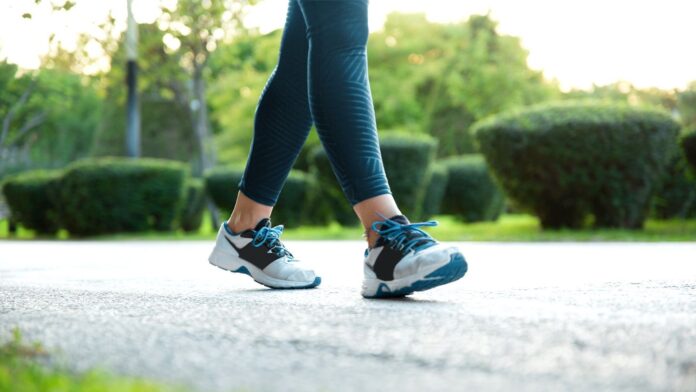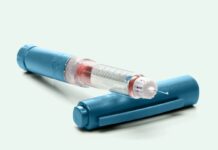Kidney infections, also known as pyelonephritis, can make even simple movement uncomfortable. While the thought of a workout might seem distant when your back aches and chills course through you, understanding the implications of exercise during a kidney infection is key to safe recovery.
The Nature of the Threat: Kidney Infections
A kidney infection starts as a typical urinary tract infection (UTI) in the urethra or bladder. However, bacteria like E. coli or staph can travel up to the kidneys, causing pyelonephritis. Several factors increase your risk, including:
- Kidney stones or an enlarged prostate that hinder urine flow
- Vesicoureteral reflux, where urine flows backward into the bladder instead of out
- Underlying health conditions like diabetes or HIV
- Being female due to a shorter urethra allowing easier bacterial travel
Recognizing the Warning Signs
Kidney infections often manifest with fever, chills, intense back or flank pain, a burning sensation during urination, blood in your urine, and frequent urges to urinate. It’s crucial to consult a healthcare provider promptly because untreated kidney infections can lead to serious complications.
Moving Your Body When Sick: A Delicate Balance
Unfortunately, specific guidelines for exercising with a kidney infection are limited. However, general advice on managing back pain during illness offers some direction.
Listen to Your Body
The severity of your symptoms dictates the best course of action. If you’re experiencing excruciating pain, resting is essential for recovery while antibiotics work.
Gentle Movement: A Possible Aid
If pain allows, gentle exercise might be beneficial. Experts suggest low-impact activities like biking, walking, or yoga to potentially ease back discomfort. Swimming, often recommended for back pain, should be avoided during a UTI or kidney infection due to the risk of worsening the condition or causing complications.
Hydration: Your Unsung Hero
Regardless of your exercise choices, staying hydrated is paramount when battling a kidney infection. Dehydration can exacerbate symptoms. Dr. Anthony Kouri, an orthopedic surgeon, emphasizes that drinking plenty of fluids before, during, and after any activity flushes bacteria from the urinary tract and helps combat dehydration often associated with kidney infections.
Remember, while gentle movement might be possible during a kidney infection, it’s crucial to prioritize rest and recovery, consult your doctor for personalized advice, and prioritize hydration throughout.






























